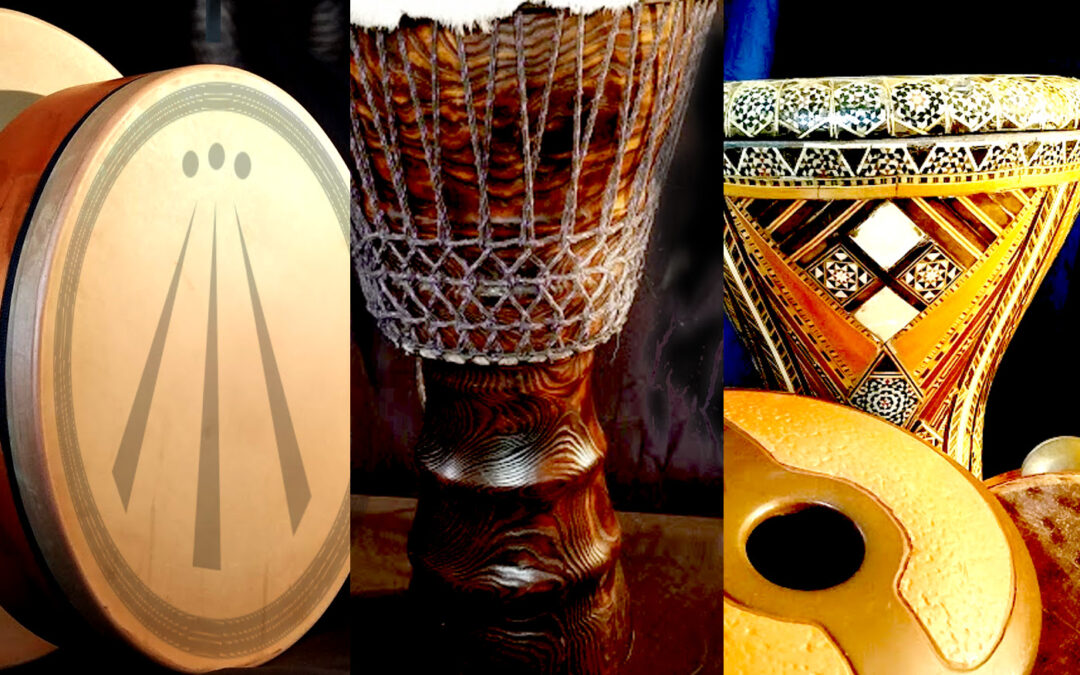I just had a conversation with a friend that touched on cultural appropriation in the context of world percussion and drum and dance circles. It can be a sticky subject but I’m glad that folks have developed some sensitivity to it because it goes hand in hand with another topic that is near and dear to me; Creative Authenticity.
When we are concerned with imitating another tradition, we might sometimes sacrifice or invalidate our own creative voice. The path of the creator is to find inspiration anywhere it’s available (and for sure there is a rich vein of inspiration found in the music of the African diaspora), but we all have to find a way to integrate that inspiration with who we already are as people, which includes every piece of music we have ever consumed. In this way, we can name and honor the sources of our inspiration without laying claim to those traditions, and honor our own creative path and authentic creativity for the unique perspective and voice that it gives to each of us.
I’m of the view that musical instruments are culturally agnostic. We carry culture within, the instrument is a vehicle for whatever culture that is. A piano played by a classically trained musician in Germany will sound completely different from one played by a jazz musician in New Orleans. As a vehicle and transmitter of inspiration the piano belongs to anyone who can express themselves authentically through it. I believe the same thing is true of any instrument.
Where we get into trouble is when we make claims about a culture. The djembe is probably the most common world percussion instrument in drum and dance circle culture. It’s an instrument that was invented and broadly used in West Africa, but most of the people playing the instrument in drum and dance circles here are not from nor have ever been to West Africa. As long as they’re not trying to be, and not trying to convince less informed people that they have some claim on the culture; as long as they give credit to the culture of origin for whatever inspiration they gain from it (including the instrument); and as long as they express music from inspiration rather than imitation, they’re not appropriating anything. It’s worth noting that the music of the African diaspora has had a powerful impact on nearly every corner of the world though. For those of us who seek a deeper knowledge of how to be expressive on these, or any instruments, we would do well to spend some time learning some of the vocabulary and dialect of some of the music from that part of the world – not to imitate it, but to understand what about it has inspired the whole planet to dance so that we might find and authentically express that energy within ourselves

